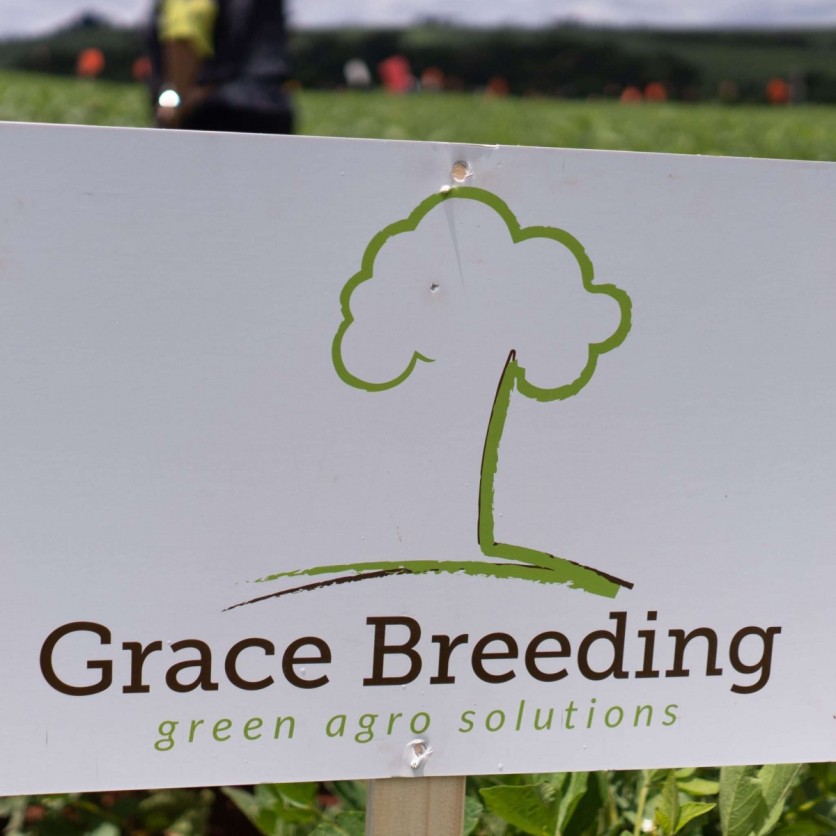Grace Breeding (TASE: GRAC), a forward-thinking AgClimateTech company developing biological-based agriculture products, releases new data on the tangible value its MAOZ NFT Bio-Fertilizer provides corn farmers in Brazil. Following intensive field and greenhouse studies, the recent results forecast an estimated savings of $1.25 million for farmers, which accounts for additional yields, product and operational savings, and potential carbon credit earnings.

Grace Breeding just secured approval for its NFT Proprietary Bio-Fertilizer MAOZ in Brazil in May, marking the company's first territorial approval. A month later, the company co-published a long-term field study on corn in Brazil with the University of Londrina (UEL) that showed greater efficiency in water use and nitrogen, as well as greater carbon mobilization of carbon, double the amount of sequestered carbon.
Eurofins, a leading organization providing testing and support services for pharmaceutical, food, environmental, agroscience, and consumer products, led the operation and evaluation efforts, including the statistical harvest and yield analysis. Together, Eurofins, Grace Breeding, and UEL were able to quantify the value that MAOZ provides Brazilian corn farmers. MAOZ demonstrated additional yields of about 9 percent for both regional (Minas Gerais state) and national corn hybrids, while using half the amount of nitrogen than standard urea fertilizers. Based on corn market prices from July 2023, this provides farmers around $140 per hectare in additional income.
Because MAOZ requires only one spray per crop season, farms using the solution save $40-80 per hectare by cutting on manpower and gas costs. Minas Gerais also gives farmers an additional revenue stream through its state-wide carbon credit marketplace. Since MAOZ has proven to boost carbon sequestration, farmers can leverage the existing carbon-credit infrastructure to sell carbon credits on the open market, earning an additional $50 per hectare.
Grace Breeding's MAOZ bio-fertilizer features a natural, non-pathogenic bacteria to allow crops to naturally boost efficiency, reducing the need for chemical fertilizers. As a result, the process reduces CO2 emissions by cutting synthetic nitrogen use by 50 percent, leading to a significantly lower environmental impact on soil and groundwater. MAOZ can be applied across a wide range of field crops, including corn, wheat, soy, and rice, and can be applied less frequently-once, during sowing, instead of three to four times during the season, which is otherwise the norm.
"In the search for sustainable agriculture solutions that are also economically viable, very rarely are there products like our MAOZ bio-fertilizer," says Assaf Dotan, CEO of Grace Breeding. "Not only does MAOZ require half the amount of nitrogen as standard urea fertilizers-which of course reduces emissions-but it provides farmers with bigger yields and the ability to sell carbon credits on the open market based on the carbon they sequestered simply from applying our all-natural fertilizer."
ⓒ 2025 TECHTIMES.com All rights reserved. Do not reproduce without permission.




